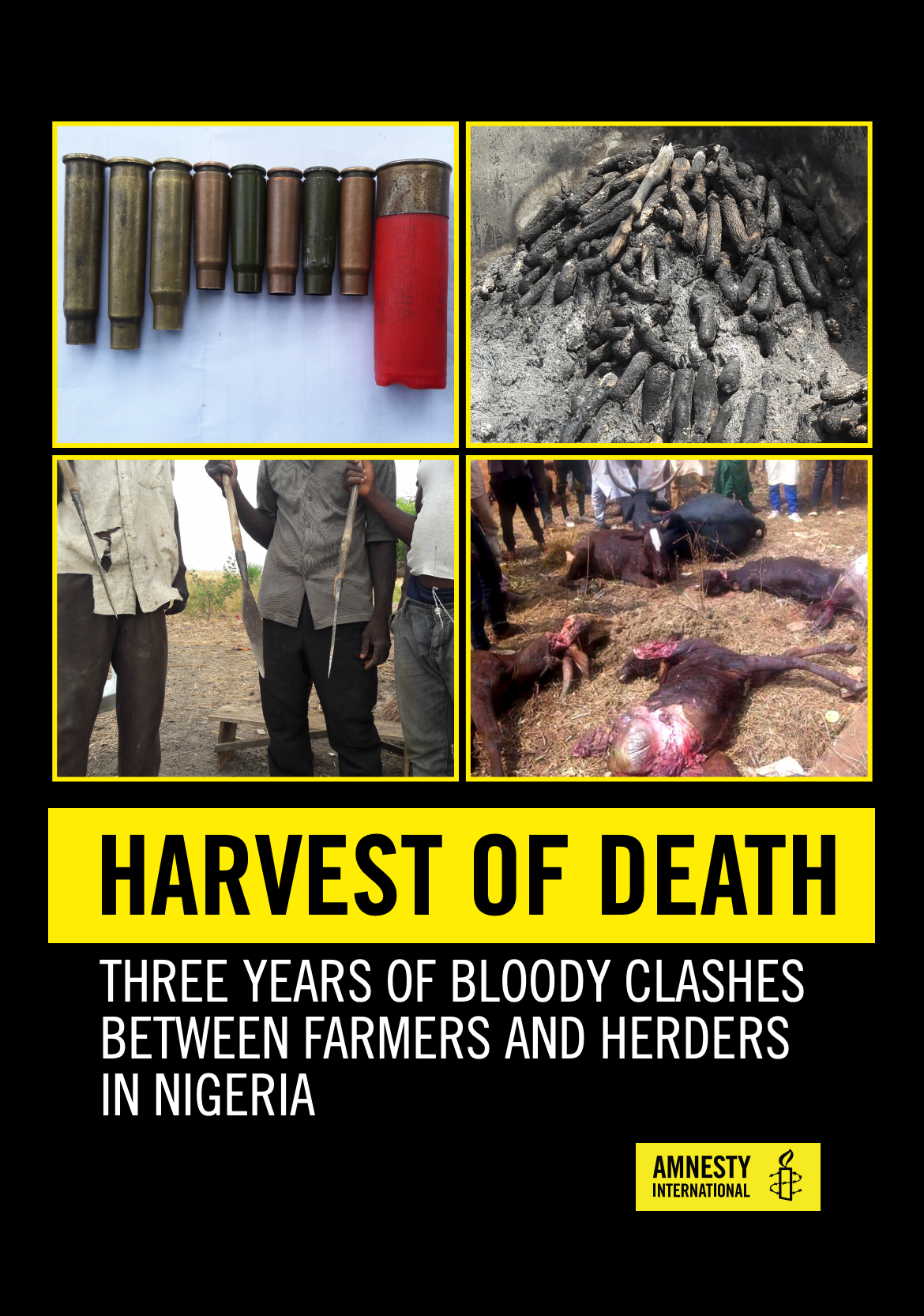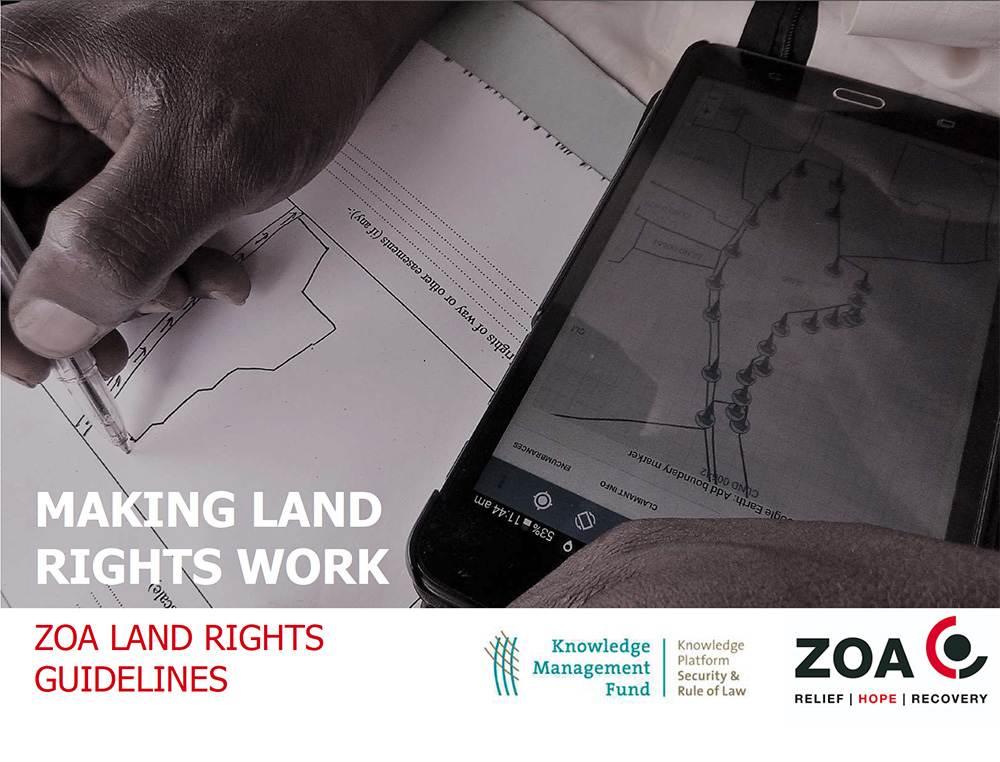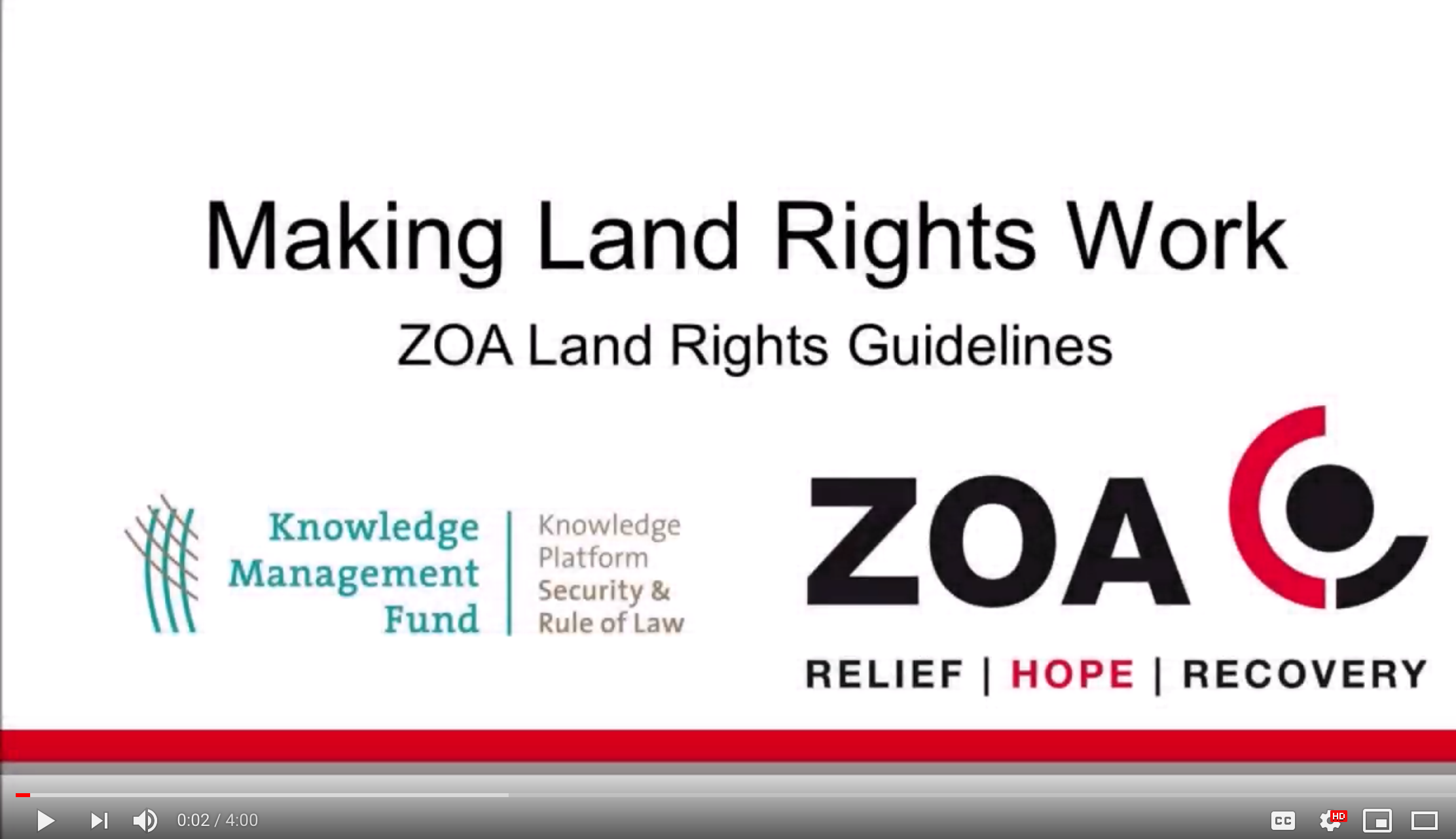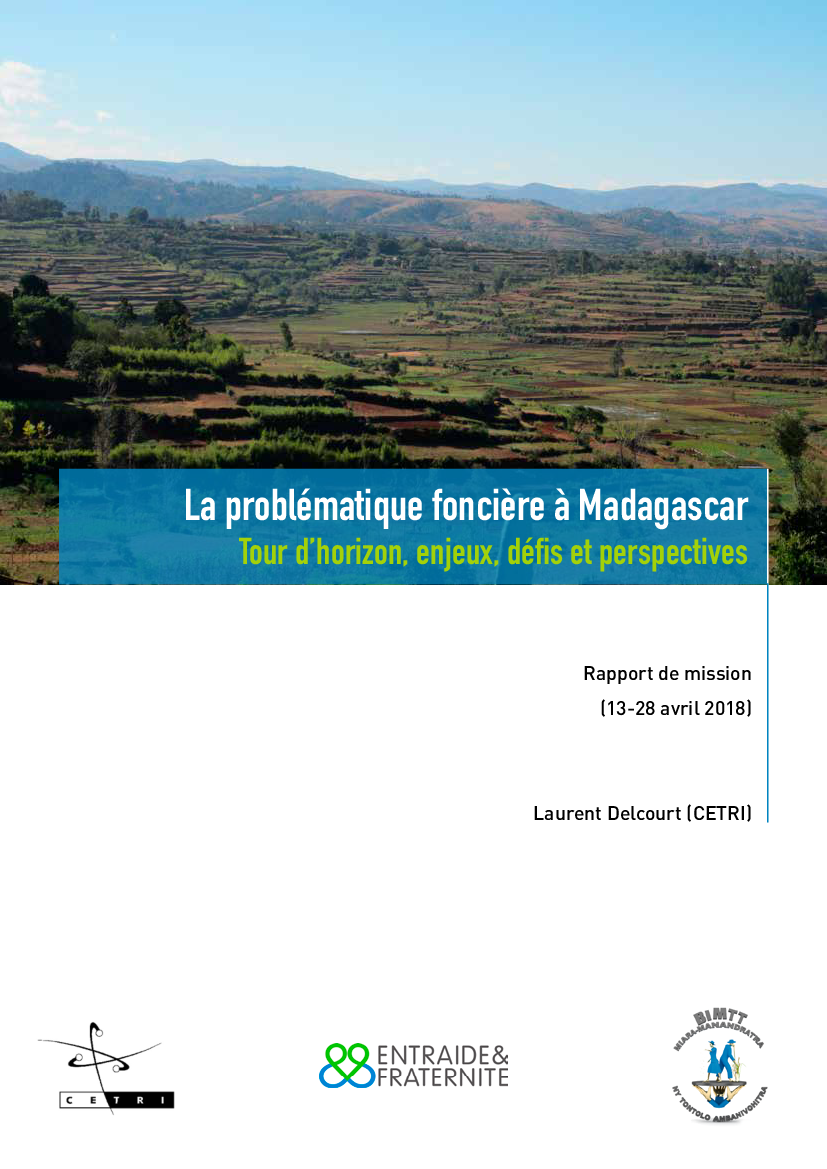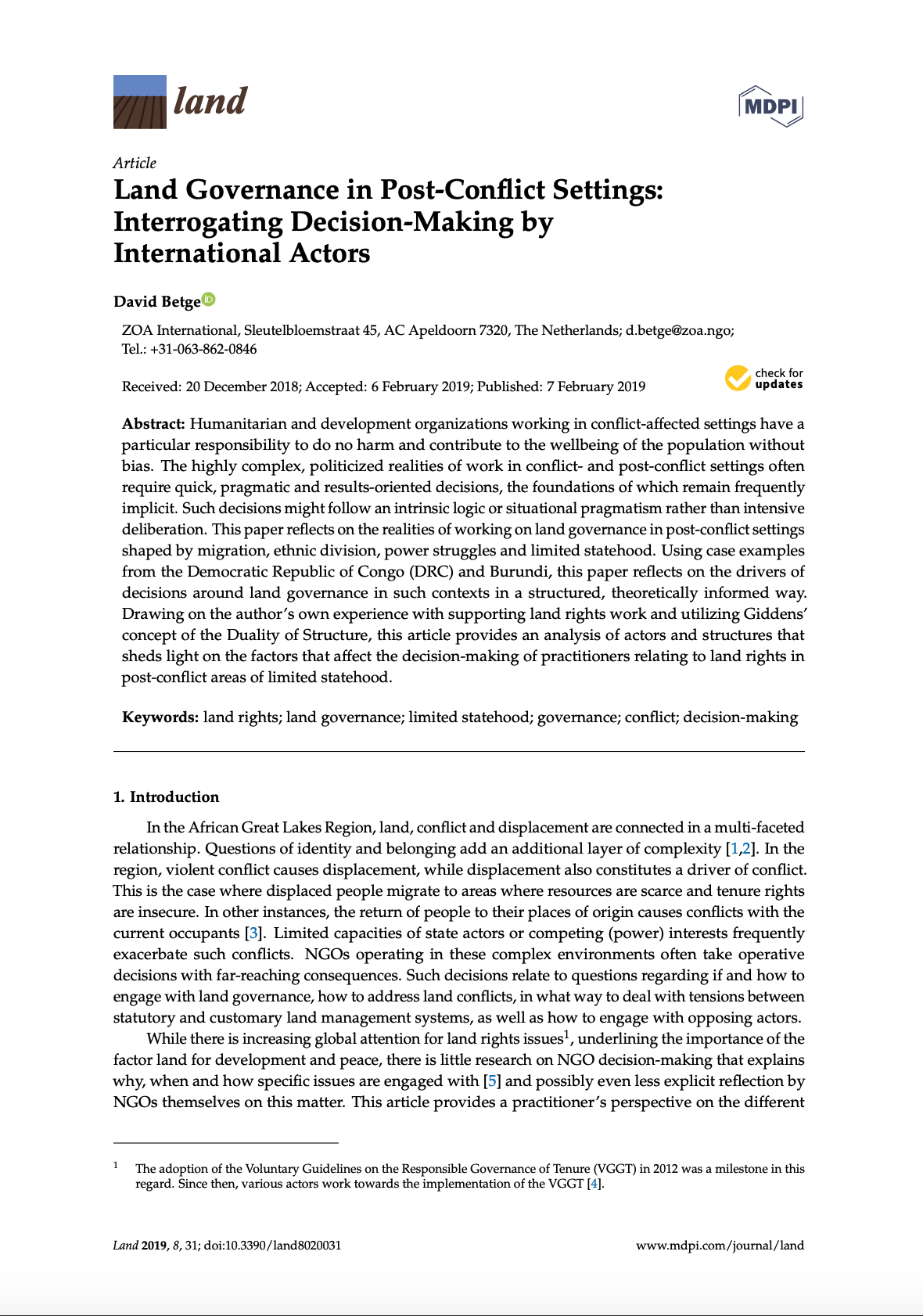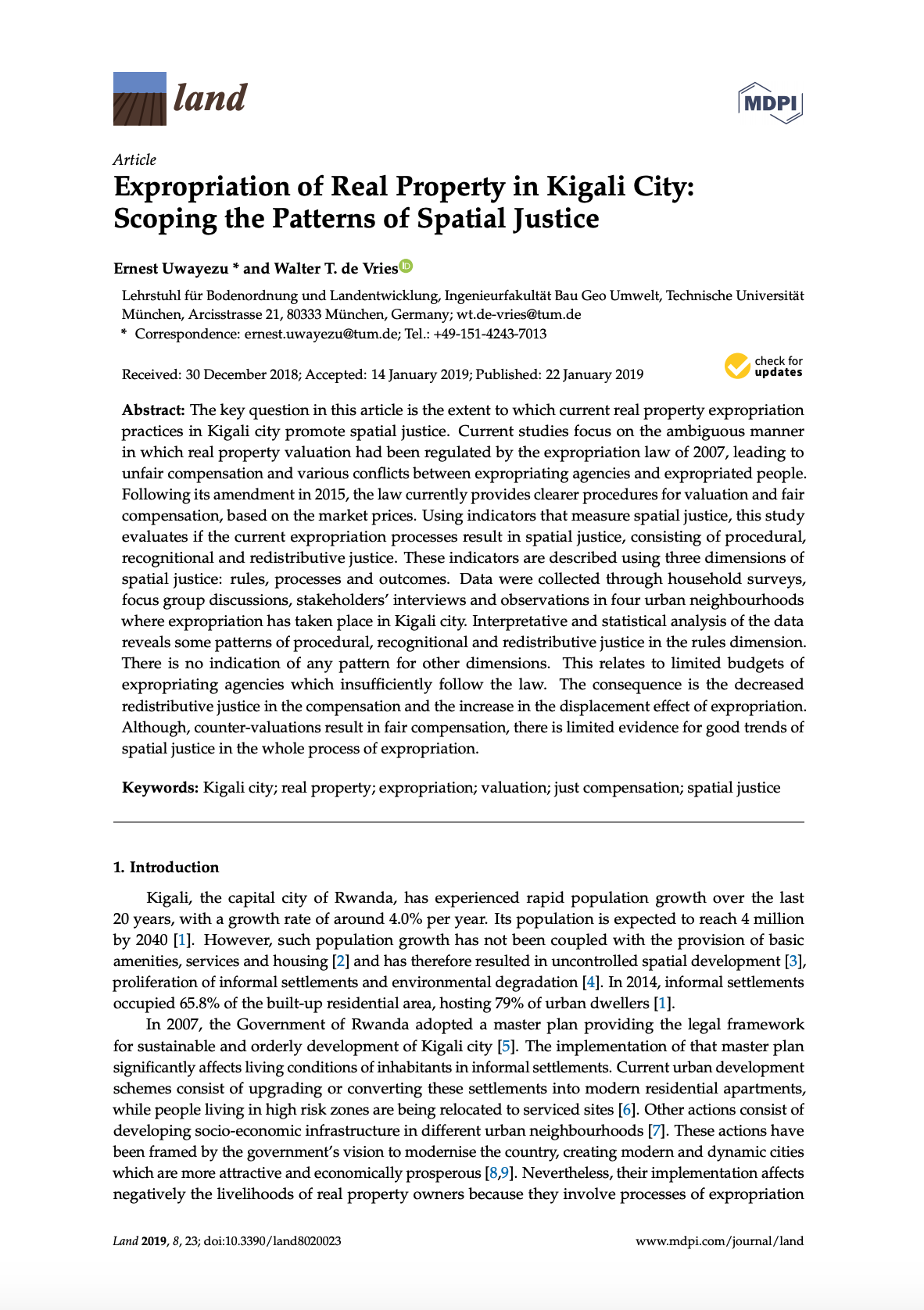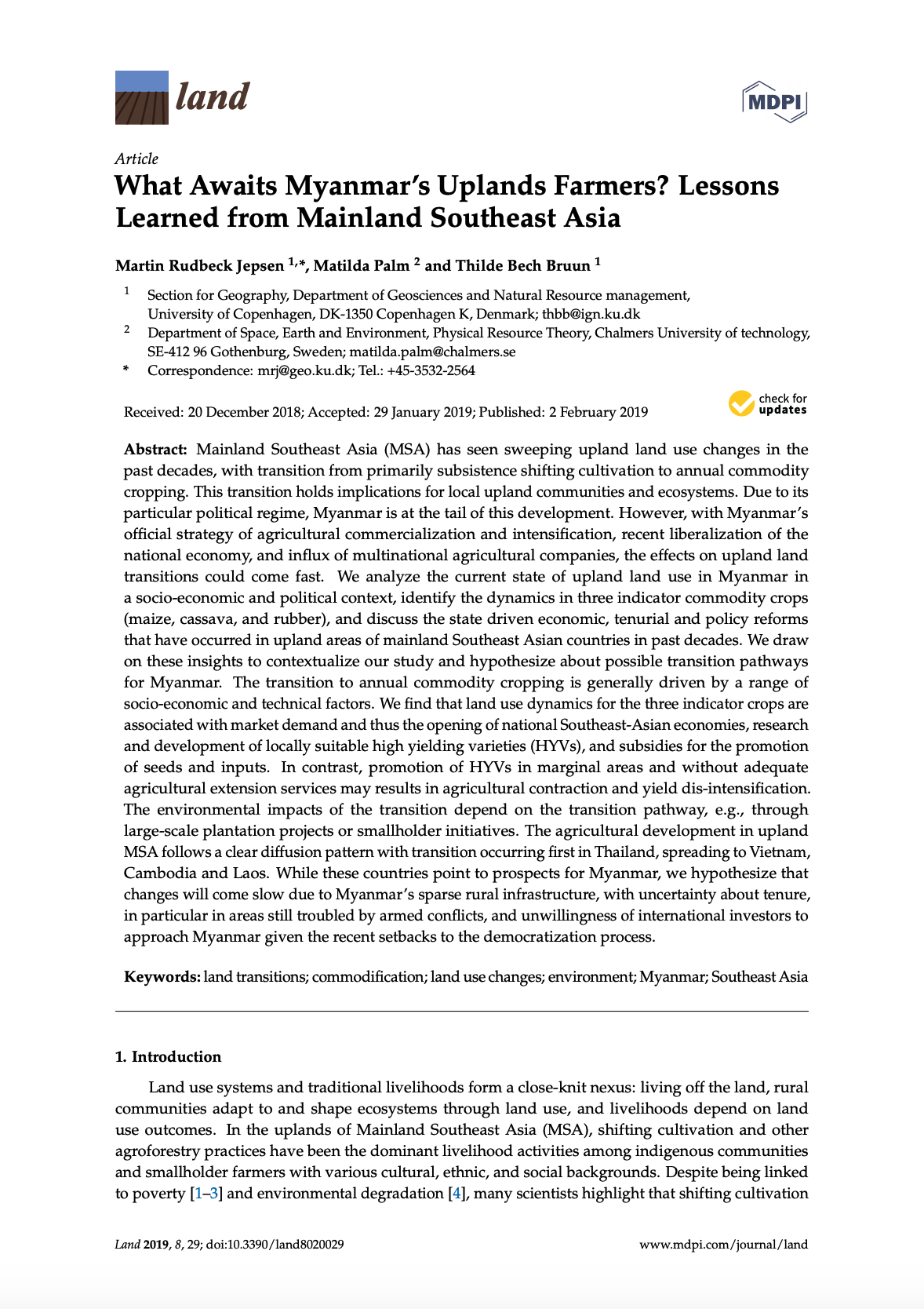Deviniendo desplazado en Colombia un análisis de los procesos de reconocimiento, redistribución y ciudadanía, en el marco de la implementación de la Ley 387 de 1997 y la Ley 1448 de 2011
La promulgación de la Ley 387 de 1997 en Colombia, funda un nuevo sujeto jurídico que será nombrado, definido y reconocido bajo la categoría "desplazado". Desde la promulgación de la Ley 387 de 1997, “En Colombia, el empleo de la categoría "desplazado" se encuentra usualmente acompañado del verbo ser y no del estar, generando que ser "desplazado" no sea asumido como una situación transitoria de la cual pueden salirse quienes han quedado registrados en dicha categoría sino que, por el contrario, ser "desplazado" comienza a ser asumido como una identidad (Osorio, 2000:177).


